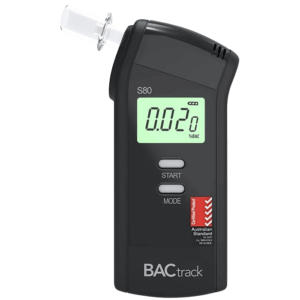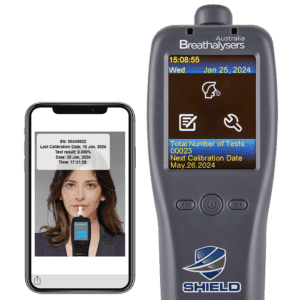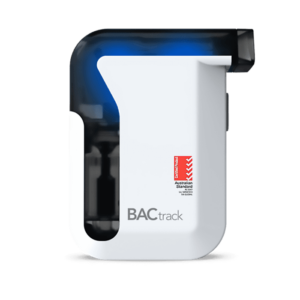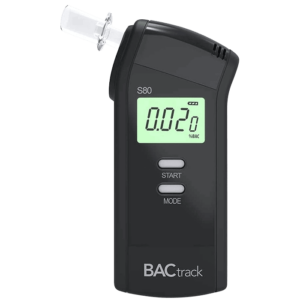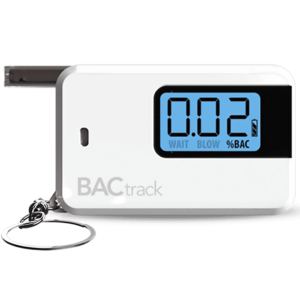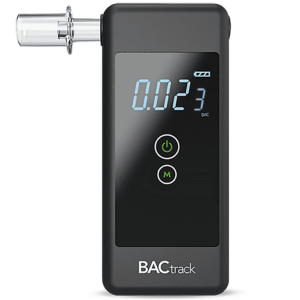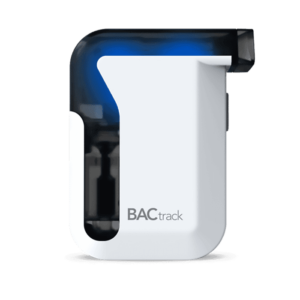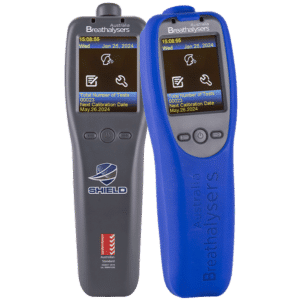Drug Test: Definition, Types of Tests, and the Legal Considerations
07 February, 2024

Drug testing is a process for detecting the presence of drugs or their metabolites in the system of an individual. Health professionals, employers, and law enforcement agencies conduct them to identify people who are misusing drugs. The types of testing methods include hair, saliva, urine, and blood tests. However, the testing must follow the relevant laws and standards. They must also respect the rights of the individual to privacy and maintain the confidentiality of the results.
Drug abuse is a prevalent problem that causes many negative effects. It causes dependency and increases risks for various illnesses. In addition, it also causes various accidents that endanger the general public. Hence, organisations conduct testing to prevent substance misuse and reduce the rates of accidents. This article will present the definition, types of tests, and legal considerations when conducting a test for drugs.
What is a Drug Test?
A drug test is a method organisations use to detect the presence or absence of drugs or their metabolites in the system of individuals. It is utilised by schools, law enforcement agencies, and workplaces to reduce safety risks and maintain the well-being of people. It also helps them make informed decisions regarding potential law or workplace policy violations.
Medical professionals use screenings to identify those with substance use disorders. This provides intervention and professional treatment for their health. Law enforcement officers conduct mobile drug screens to protect road safety. Meanwhile, employers conduct tests in different situations to maintain the safety of employees. Some examples are blanket, reasonable suspicion, post-accident, and random testing.
Testing for prescription medications or illegal drugs typically involves using biological samples. Individuals or organisations may utilise kits for quick results. They may also contact accredited drug-checking services for laboratory testing. Moreover, some businesses opt for onsite testing on a pop-up location. This helps reduce time costs and provides convenience to the employees.
Importance of Testing in Various Industries
- Pre-employment testing enables companies to determine and filter out candidates with illicit drug misuse problems. This is essential because safety-sensitive positions can jeopardise the well-being of others.
- Drug screening enables employers to identify workers violating the agreed-upon workplace policy and prevent them from causing incidents.
- Testing can help deter individuals from misusing prescription drugs or trying illegal ones.
- Drug screens also allow businesses to determine if impairment from substance misuse contributed to a workplace accident.
- Testing helps companies reduce legal liabilities and comply with the relevant laws and standards.
- It can also help employers preserve the reputation of their company, improve morale, and increase productivity.

Types of Drug Tests
There are several types of screening methods that law enforcement agencies and companies can use to identify substance abuse. Firstly, urine drug tests are the most common type of workplace testing. It uses urine samples to identify a wide range of substances or metabolites. It can have a detection window of between one and seven days, depending on the drug. Notably, chronic use of marijuana can be traceable for up to 25 days.
Secondly, saliva screening is particularly convenient when conducting an onsite test. It has a simple collection method and a short detection period, making it convenient for testing many people for recent drug use. Thirdly, blood tests are considered the most accurate method. This is because it directly analyses blood samples for traces of the substance. However, the sample collection procedure can cause discomfort or pain due to its invasive nature.
Lastly, hair follicle testing. This is typically used when people need a history of substance use. It can help prove abstinence or lack thereof due to its 90-day detection window. However, this period does not include substances taken seven days before collection.
Detectable Substances
The detectable substances in a drug screen can include both legal drugs and illegal drugs. It mainly depends on the panels used to analyse the samples. The common drugs of abuse are marijuana, cocaine, opioids, benzodiazepines, and amphetamines. In addition, laboratories may also screen for barbiturates, methamphetamines, and phencyclidine (PCP).
Many kits have several panels for testing multiple substances at once. Laboratories may also use methods such as Gas Chromatography-Mass Spectrometry (GC-MS) for quantitative analysis of the samples or confirmatory testing for potential false positives. However, informing the testing provider of any medications or health conditions can help ensure the accuracy of the report.

Legal Considerations in Drug Tests
There are several legal considerations that organisations must consider when implementing drug tests. Firstly, they must comply with the relevant laws and regulations concerning drug and alcohol testing. To do this, they must also relay the information to the employees. A comprehensive policy can outline the process, their rights, and potential disciplinary actions.
Secondly, the testing providers must adhere to the chain-of-custody procedures. These are in place to ensure the testing meets expectations and prevents contamination or adulteration of the samples. A part of this is ensuring they have informed consent before conducting the test. Proper labelling of the samples and inputting the correct information are also vital. Otherwise, it may cause the samples to become invalid.
Thirdly, they must protect the privacy of the individual. Hence, they must maintain the confidentiality of the results. The information should only be released to relevant staff on a need-to-know basis. Lastly, they must ensure the testing is done in a non-discriminatory manner. There should be reasonable cause for the test. Furthermore, penalties should be implemented fairly, regardless of position or seniority.
Implications of Non-Negative Result
A non-negative result can have significant implications for individuals. In employment, a positive result may lead to suspension, demotion, or termination. They may also require the individual to undergo a drug rehabilitation program before returning to work. This is because ensuring that employees are free from drug issues significantly contributes to workplace safety.
In legal settings, a non-negative result can be used as evidence in court proceedings, such as child custody battles or probation hearings. It may also prove that a driver partook in drug driving, which can result in demerit points, fines, and licence disqualifications.
Conclusion
Drug tests are crucial for ensuring the health and safety of individuals and the overall community. This is why many organisations use them in various settings and for specific reasons. Law enforcement agencies conduct them on roadsides to identify drivers impaired by drugs. Meanwhile, employers implement them at pre-employment to ensure that applicants for safety-sensitive positions do not have substance use disorders. They also conduct them randomly to deter misuse and under reasonable suspicion.
The usual screening methods include blood, hair, saliva, and urine tests. These are all reliable methods that can detect substances like opioids, amphetamines, cocaine, and marijuana. Saliva testing is usually the shortest, while hair testing offers the lengthiest period. However, employers must ensure to properly inform the workers of necessary information and gain their consent. They also need to ascertain that the process is done fairly while protecting the privacy of the workers.



















